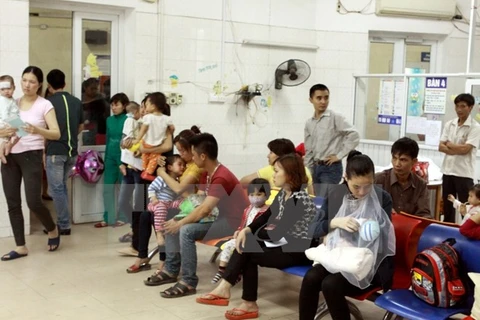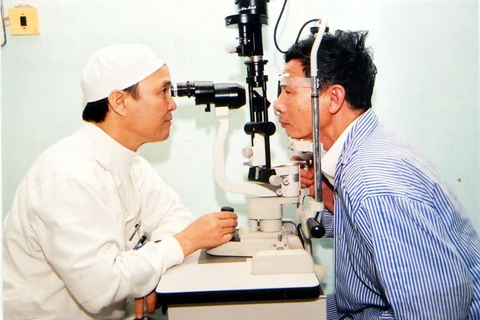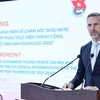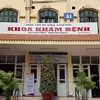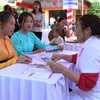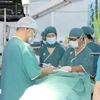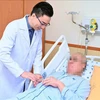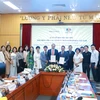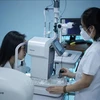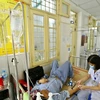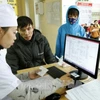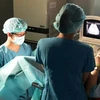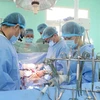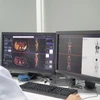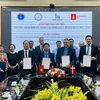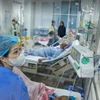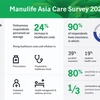HCM City (VNA) - The Ho Chi Minh City Department of Health plans to create the best conditions for the private sector to open more family medical clinics to provide comprehensive primary healthcare services to residents.
The deputy head of the health department, Nguyen Huu Hung, said that family medical clinics had been located in only 13 six private facilities in the last three years.
Hung spoke at an international family medicine conference held last week in the city by the department and Pham Ngoc Thach University of Medicine.
Family medical clinics are included in 20 out 23 district hospitals in the city, and in 191 out of 319 commune and ward-based health centres, but they “have not attracted a lot of patients,” he said.
The clinics in wards and communes in districts 2, Thu Duc and Tan Phu have seen an increase of patients since the beginning of this year.
More doctors from district hospitals are working for short periods and training medical staff at clinics, which has increased confidence among patients.
“This helps improve treatment capacity of doctors and gains trust from local residents,” Hung said.
All the clinics at district hospitals, ward or commune-based health centres as well as private facilities have treated 652,261 patients and provided emergency aid to 922 people. They have performed surgery on 5,845 patients.
To increase quality, the department plans to provide sufficient equipment and training, especially to clinics at ward- or commune-based health centres, Hung said.
“All health centres in the city’s wards and communes will have a family medical centre by 2020,” he added.
According to the Ministry of Health, 332 family medicine clinics had been set up in eight provinces and cities as of June.
By 2020, 50 of 63 provinces and cities in the country are expected to have such clinics, the ministry said.
Deputy Minister of Health Pham Le Tuan said the health system was striving to reach the UN’s Millennium Development Goals (MDGs).
However, public hospital facilities have faced patient overcrowding, Tuan said, adding that “many of them provide healthcare services of limited quality”.
The country, which has an aging population, "has seen an upward trend of non-communicable diseases," he said.
Developing family medical clinics is “the proper method” for helping solve these challenges, he added.
According to Professor Michael Kidd, executive dean of the Faculty of Medicine, Nursing and Health Sciences at
Flinders University in Australia and president of World Organisation of Family Doctors, seniors need an accessible place to go to for medical care.
They have many health problems such as stomach ulcers, chronic pain and hearing impairment.
Family medical clinics at grassroots health facilities could help solve this inaccessibility, he said. The clinic staff could provide comprehensive healthcare services to seniors and detect functional impairments as well as other health problems.-VNA


